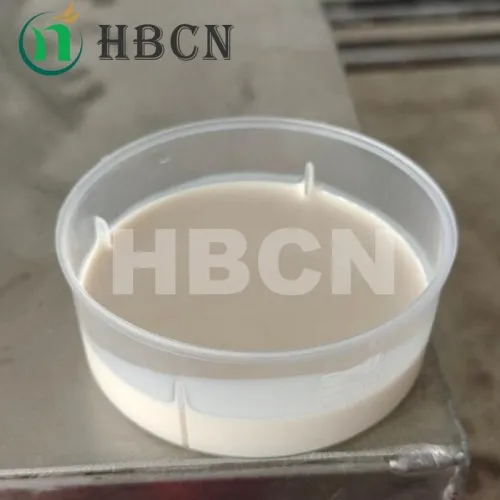
Oct . 14, 2024 07:58 Back to list
Difenoconazole 250g/l EC for Effective Crop Protection Solutions
Understanding Custom Difenoconazole 250g/L EC A Comprehensive Overview
Difenoconazole is a well-known fungicide that belongs to the triazole class of chemicals. Its widespread use in agriculture is primarily due to its effectiveness against a variety of fungal diseases that affect crops. The formulation of difenoconazole as a 250g/L emulsifiable concentrate (EC) is particularly favored for its ease of application and the benefits it offers to both farmers and the environment. This article will delve into the characteristics, use cases, advantages, and safety aspects of custom difenoconazole 250g/L EC.
Chemical Properties and Mechanism of Action
Difenoconazole works by inhibiting the biosynthesis of ergosterol, an essential component of fungal cell membranes. By disrupting this process, difenoconazole effectively hampers fungal growth and replication. The 250g/L EC formulation ensures that farmers have a concentrated product that is diluted with water for application, allowing for efficient transportation and storage. The emulsifiable concentrate form promotes better mixing with water, leading to a more uniform application and improved efficacy.
Applications in Agriculture
Difenoconazole 250g/L EC is employed in various agricultural settings to combat a multitude of fungal pathogens. It is especially effective against diseases such as leaf spot, powdery mildew, and root rot. Crops such as wheat, barley, and various fruits and vegetables benefit from regular treatments, which help secure a healthy yield and prevent economic losses associated with plant diseases.
Farmers often choose difenoconazole for its versatility and broad spectrum of activity. It can be used as a preventative measure or to control active infections, making it a valuable tool in integrated pest management strategies. The quick action of difenoconazole allows it to work efficiently, reducing the window of vulnerability for crops.
Advantages of Custom Formulation
custom difenoconazole 250g/l ec

One of the main benefits of a custom formulation like the 250g/L EC is its tailored concentration, which can be adjusted according to the specific needs of different crops, climatic conditions, and local pest pressures. This flexibility allows for precision agriculture practices, ensuring that farmers apply the optimal amount of fungicide for their needs. Reduced application rates can lead to cost savings, while still providing effective disease control.
Moreover, the EC formulation minimizes the risk of drift and runoff, which can be a significant concern with other forms of pesticides. The emulsifiable concentrate allows farmers to achieve a more targeted application, thereby enhancing environmental safety.
Safety and Environmental Considerations
While difenoconazole is effective, it is crucial for users to adhere to safety guidelines and regulations outlined for its application. Proper use not only ensures the crop's health but also protects beneficial organisms and minimizes risks to human health. Importantly, the Environmental Protection Agency (EPA) has established safety standards and recommended protective measures when handling and applying fungicides.
To mitigate potential environmental impacts, it is essential to implement best management practices (BMPs). This includes avoiding application during high winds, preventing runoff into water bodies, and employing crop rotation and other sustainable practices to support ecological balance.
Conclusion
Custom difenoconazole 250g/L EC represents an essential component of modern agriculture, providing a powerful tool against fungal diseases while promoting the principles of efficacy, safety, and environmental responsibility. With the ability to adapt its concentration for specific agricultural needs, this formulation supports farmers in maximizing their yields while maintaining sustainable practices. By understanding the properties, benefits, and safety considerations associated with difenoconazole, agricultural stakeholders can make informed decisions that contribute to both successful harvests and a healthy environment. The integration of such fungicides into crop management systems reinforces the ongoing commitment to innovation in farming practices, ensuring food security for future generations.
-
Best Abamectin 95% | Top Pesticide for Crop Protection
NewsJul.31,2025
-
Insecticide Spirotetramat 11% + Thiacloprid 11% SC at Good Price
NewsJul.30,2025
-
Best Abamectin SDS - Premium Quality & Reliable Safety Data
NewsJul.29,2025
-
Agrochemicals Pesticides Solutions for Sustainable Farming
NewsJul.29,2025
-
High-Quality Tebuconazole Fungicide for Crop Protection at Best Price
NewsJul.29,2025
-
Chlorfenapyr 8% + Clothianidin 20%SC Pesticide Mixture for Effective Pest Control
NewsJul.28,2025
